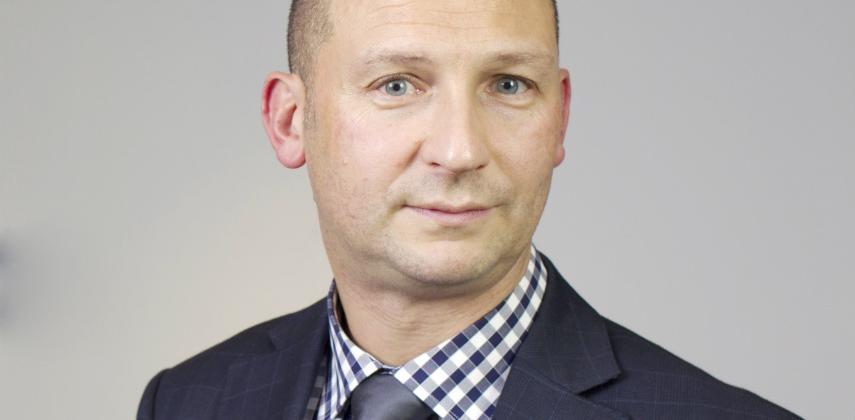All professions involve negotiations of some description. However, not all of us are used to negotiating directly for ourselves, and many find this daunting. Studies show that women are even less likely to enter into salary negotiations. Sheryl Sandberg goes into detail on this, and the studies around it, in her book Lean In.
Beth Wright, co-chair of Women in Finance Asia, says: “It is not only daunting to raise the subject of salary negotiations, but there is a fear that you will be perceived as viewing money as more important than the role itself.
“Be clear about your expectations and why you believe that you are worth the number you are asking for. Don’t be greedy, but know your own self-worth, which should be a reflection of your experience and expertise in the given area, as well as your commitment to the role. Be confident and honest in your discussion.”
Many professionals rely on their recruiter to negotiate for them. My advice: too many cooks spoil the broth. Trust your recruiter and communicate the facts. If you are “negotiating” with them while they are doing so for you, it can become hostile. I feel this is because no one feels in control of the facts.
Sandberg suggests “relentless pleasantness” and I love this, as salary negotiation is a collaboration of parties to achieve a successful hire. The best outcomes come from transparency, honesty, confidence, a communal communication style – “we” instead of “I” – and a clear understanding of the goals.
“Creativity” over current or previous salaries and bonuses will be discovered at the offer stage, in background checks. If you feel underpaid, work with your recruiter to realign yourself within the negotiations.
Kate Harper, director of financial services – Hong Kong, ConnectedGroup





